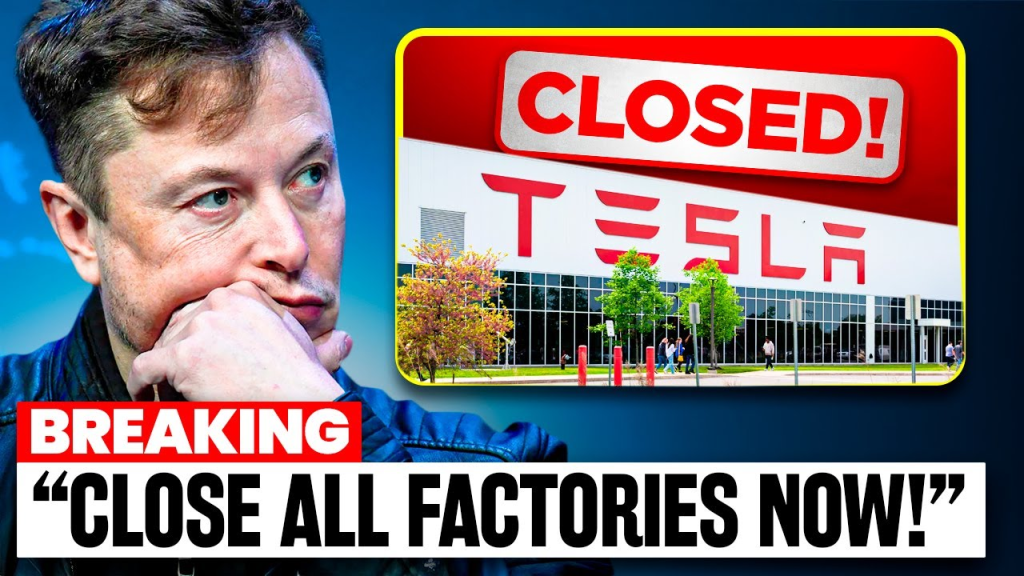Tesla, once the undisputed leader of the electric vehicle (EV) revolution, is facing a crisis. From plummeting sales in key markets to manufacturing disasters and financial uncertainty, even Elon Musk seems to recognize the struggles his company is facing. With investors panicking and government support fading, the real question is: can Tesla survive the crash?
A Sharp Decline in Sales
In the United States, Tesla’s sales took a significant hit, dropping 11.6% in January alone. This may not sound catastrophic at first, but when factoring in California—a stronghold for EVs and Tesla’s largest market—the decline becomes more alarming. If Tesla can’t maintain dominance in California, where electric cars are practically a way of life, where can it?
Europe tells a similar story. In Germany, Tesla sales plummeted by a staggering 60%. Once the top-selling EV brand in the country, Tesla is now losing ground to local competitors like Volkswagen, BMW, and Mercedes, all of which have significantly improved their EV offerings. Losing Germany means losing a massive share of the European market.

Sales are also down in Britain (-10%) and China (-11.5%), the latter being the world’s largest EV market. With strong domestic competition from Chinese brands like BYD, NIO, and XPeng, Tesla is being squeezed out of what was once seen as its biggest opportunity for expansion.
Tesla’s Risky Revenue Model
Contrary to popular belief, Tesla’s profits have not primarily come from selling cars. Instead, much of its financial success has relied on:
Bitcoin Investments: Tesla made headlines in 2021 by purchasing $1.5 billion in Bitcoin. While this gamble paid off initially, the unpredictable nature of cryptocurrency means those gains were never sustainable.
Carbon Credit Sales: Tesla has made billions selling carbon credits to other automakers needing to meet emissions regulations. But as competitors ramp up their own EV production, demand for Tesla’s carbon credits is disappearing, cutting off a major revenue stream.
AI Hype: Musk has long promised groundbreaking self-driving technology, hyping Tesla’s Full Self-Driving (FSD) software as being just around the corner. However, FSD remains incomplete, requiring human intervention and making costly mistakes. Investors may soon lose patience with Tesla’s promises.
